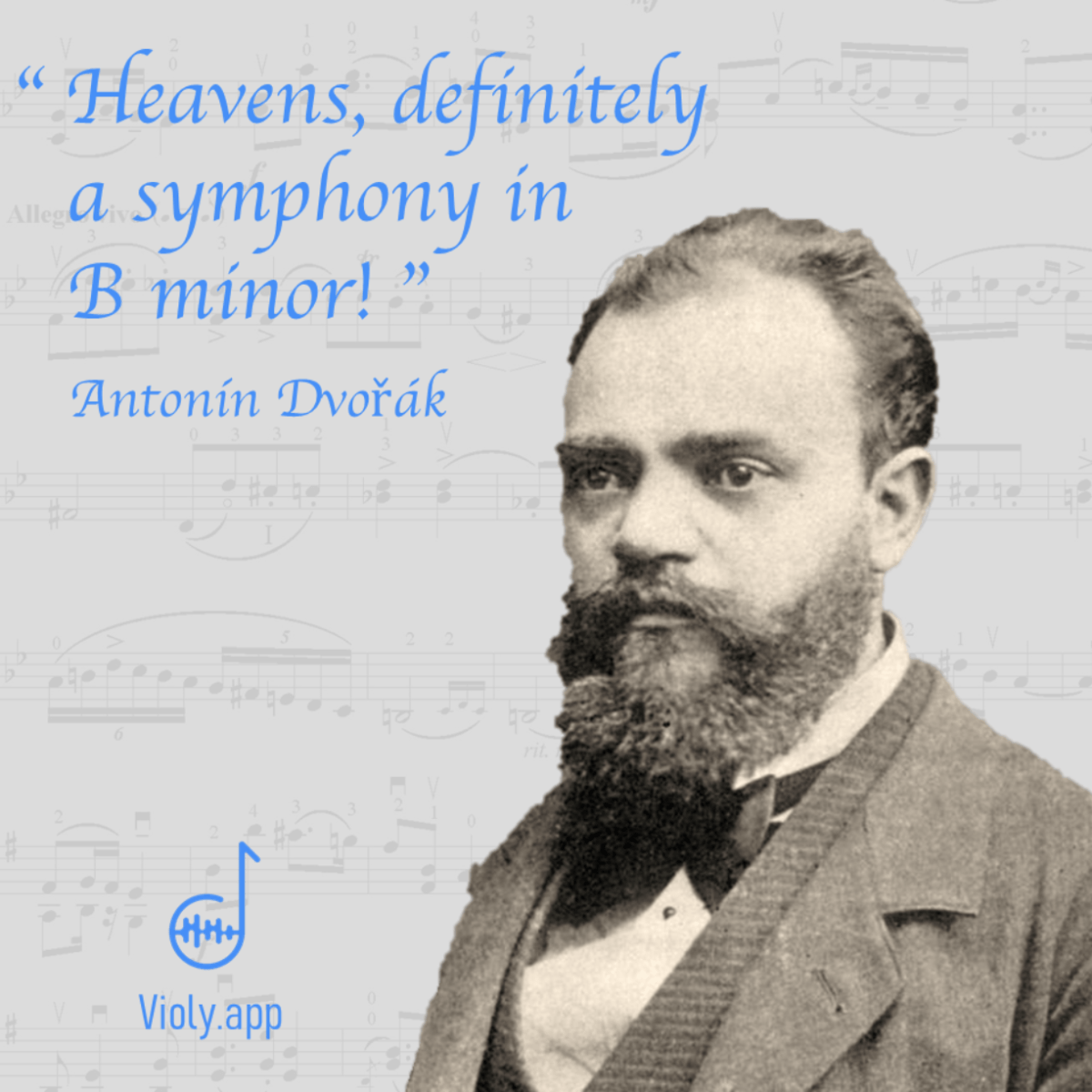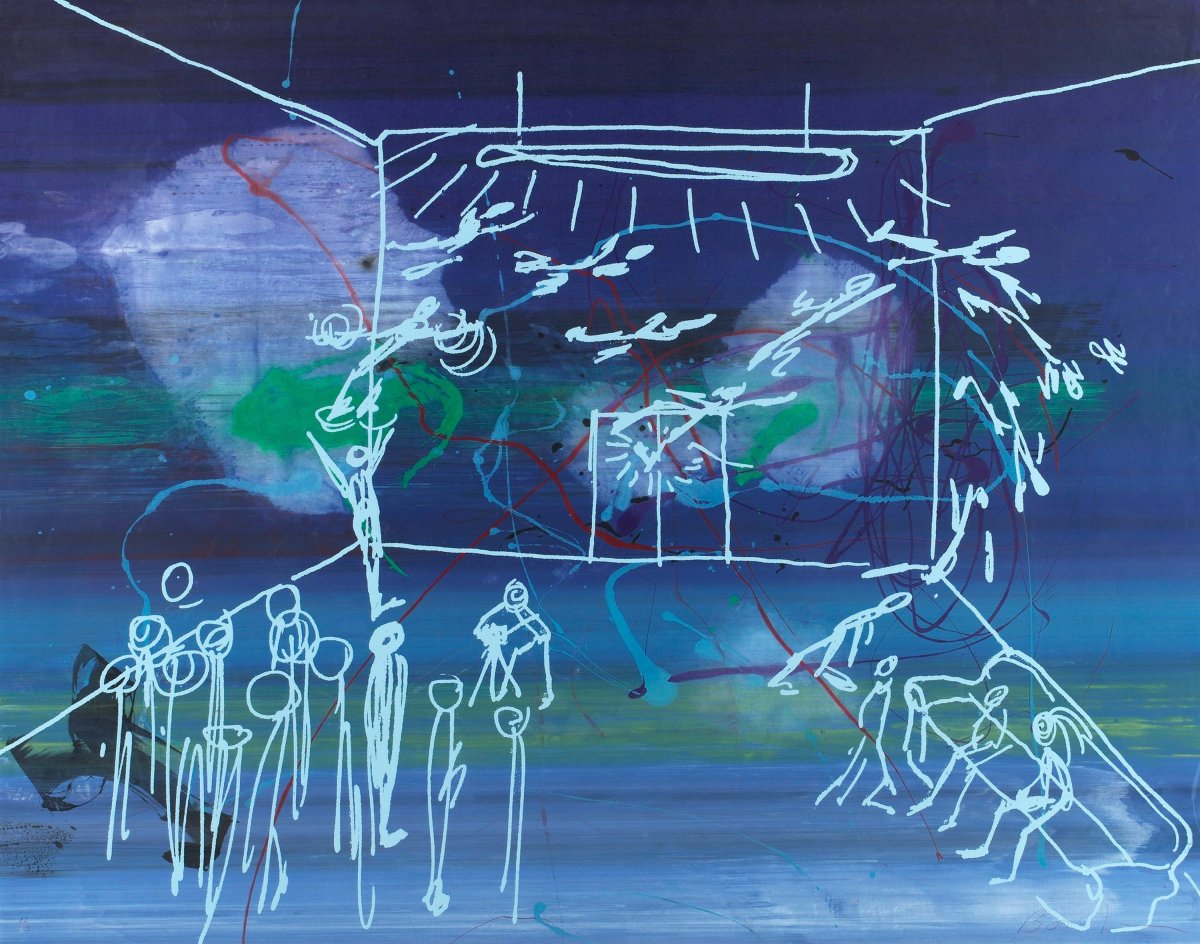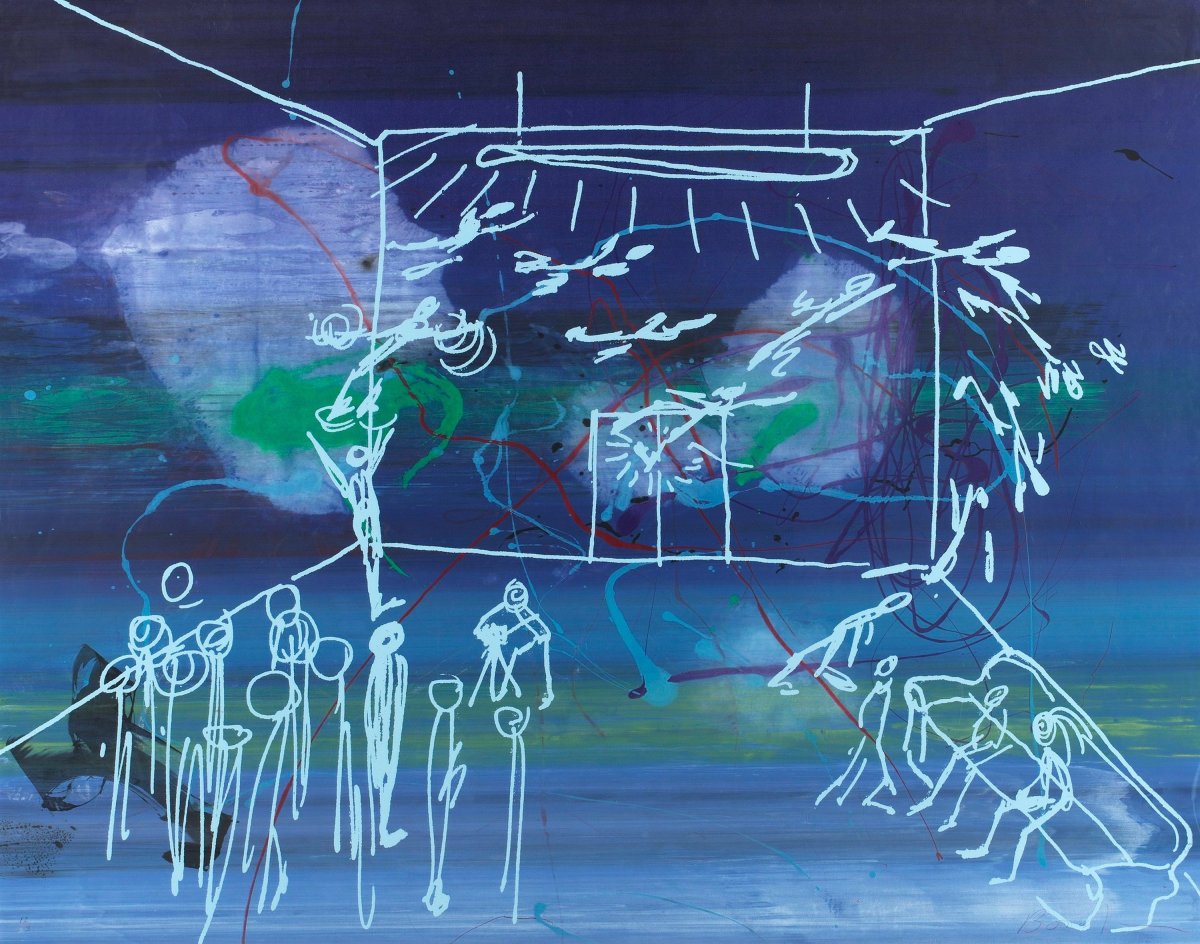I am happy – Antonin Kinsky could not have dreamed of a better: This phrase, while seemingly simple, unlocks a fascinating exploration of Antonín Dvořák’s life and work. We’ll delve into Dvořák’s joyful compositions, examining how his musical style reflects a sense of contentment and happiness. We’ll also explore the historical context of his life, considering the social and political climate that shaped his experiences and how these might relate to his potential feelings of fulfillment.
Finally, we’ll unpack the meaning of “a better,” considering what might have constituted a more ideal life for this influential composer.
Dvořák’s music, often brimming with vibrant melodies and infectious rhythms, stands as a testament to his emotional depth. By analyzing specific pieces and comparing his style to other composers known for their optimistic works, we can gain a deeper appreciation for the joy he expressed through his art. We’ll investigate the historical period in which he lived, considering the societal factors that could have influenced his outlook on life and his capacity for happiness.
This will allow us to interpret the phrase “I am happy” not merely as a statement of simple joy, but as a complex reflection of his personal journey and the world around him.
Antonín Dvořák’s Joyful Legacy: Deconstructing “I Am Happy”

Antonín Dvořák’s music is renowned for its vibrant melodies and emotional depth. The statement “I am happy – Antonín Kinsky could not have dreamed of a better” suggests a profound contentment, prompting us to explore the factors that might have contributed to this sentiment in Dvořák’s life. This exploration delves into Dvořák’s compositional style, the historical context of his life, and the meaning of “a better” within his personal narrative.
Dvořák’s Compositional Style and the Expression of Happiness: I Am Happy – Antonin Kinsky Could Not Have Dreamed Of A Better
Dvořák’s musical style is characterized by its melodic richness, rhythmic vitality, and use of folk influences, particularly those of his native Bohemia. His works often feature major keys, bright orchestration, and dance-like rhythms, all elements that contribute to a feeling of joy and optimism. This contrasts with the darker, more introspective styles of some of his contemporaries.
Examples of Dvořák’s Joyful Works
Several of Dvořák’s compositions readily evoke feelings of happiness and contentment. His Symphony No. 9 (“From the New World”) is a prime example, particularly the second and third movements, which brim with infectious energy and melodic charm. His “Slavonic Dances” are another collection showcasing his vibrant and uplifting musical language. The sheer exuberance and rhythmic drive of pieces like the “Dumka” from his String Quartet No.
I’m stoked! Antonin Kinsky’s wildest dreams couldn’t match this level of happiness. To top it off, I’m checking out the game details – you should too! Check out Penn State vs. Notre Dame: Time, TV channel, preview for the to see when it’s on. Seriously, I am happy – Antonin Kinsky could not have dreamed of a better day!
12 are testament to his ability to express profound joy through music.
Comparison with Other Composers
Dvořák’s optimistic musical language shares similarities with other composers known for their joyful compositions. While differing in specific stylistic elements, the works of composers like Johannes Brahms (particularly his lighter works) and even some of the more cheerful movements in the works of Ludwig van Beethoven, exhibit a comparable sense of emotional warmth and uplifting energy. However, Dvořák’s unique integration of Bohemian folk melodies distinguishes his sound, adding a layer of national identity and heartfelt expression that enhances the sense of joy.
Historical Context and Dvořák’s Experience of Happiness

Understanding Dvořák’s potential expression of happiness requires considering the historical period in which he lived and worked – the late 19th century. This era was marked by significant social and political changes across Europe.
The Social and Political Climate of Dvořák’s Life
Dvořák lived through a time of industrialization, nationalism, and evolving social structures in Bohemia, which was then part of the Austro-Hungarian Empire. While the period wasn’t without its hardships and political tensions, Bohemia experienced a burgeoning national identity, fostering a sense of cultural pride that likely influenced Dvořák’s creative output. This sense of cultural identity, expressed through his music, could have contributed to his overall sense of well-being and satisfaction.
Timeline of Significant Events in Dvořák’s Life
- 1841: Born in Nelahozeves, Bohemia. The beginning of his life journey, setting the stage for his future experiences.
- 1870s-1880s: Growing recognition as a composer in Europe. This period marked the culmination of years of hard work and the start of his international success, potentially contributing to a sense of fulfillment.
- 1892-1895: Director of the National Conservatory of Music in New York. This period represents a significant career milestone, providing new opportunities and broadening his musical horizons, potentially enhancing his overall happiness.
- Later years: Continued success and recognition. His later years brought him widespread acclaim and respect, solidifying his legacy and possibly leading to a sense of contentment with his achievements.
Interpreting “A Better” in Dvořák’s Life
The phrase “a better” implies a comparison – a contrast between Dvořák’s reality and a hypothetical, more ideal scenario. To understand what “a better” might represent for him, we need to consider various aspects of his life and career.
Potential Interpretations of “A Better”, I am happy – Antonin Kinsky could not have dreamed of a better
For Dvořák, “a better” could have encompassed several things. Material success, undoubtedly, played a role, as financial stability would have eased the pressures of his early career. However, artistic fulfillment – the ability to compose and have his music performed and appreciated – was arguably even more significant. The recognition he received later in life, coupled with his ability to express his Bohemian heritage through his music, might have been the pinnacle of his “better” life.
A sense of national pride and cultural contribution also seems plausible, given the historical context.
I’m stoked – Antonin Kinsky would be jealous! Things are looking up, especially with the news that a major headache has been avoided; check out this article about how a Faculty strike averted at Ontario colleges as both sides agree to a deal. This positive development means smooth sailing ahead, making me even happier – Antonin Kinsky couldn’t have imagined a better outcome!
A Hypothetical “Better” Life for Dvořák

A hypothetical “better” life for Dvořák might have involved even greater international recognition during his lifetime, perhaps surpassing the fame enjoyed by some of his contemporaries. It could also have included fewer financial struggles during his early career, allowing him to focus solely on his artistic pursuits without the pressures of economic hardship. However, his actual life, with its challenges and triumphs, ultimately shaped him into the composer we know and celebrate today.
The struggles he faced likely added depth and authenticity to his music, making his eventual success all the more meaningful.
Conclusive Thoughts
Ultimately, the statement “I am happy – Antonin Kinsky could not have dreamed of a better” serves as a powerful lens through which to view Dvořák’s life and work. By examining his music, historical context, and personal circumstances, we can appreciate the multifaceted nature of happiness and the profound influence of individual experiences on artistic expression. While we can only speculate about the specific meaning behind the phrase, the journey of its exploration reveals much about Dvořák’s enduring legacy and the enduring power of music to convey profound emotion.
I’m stoked – Antonin Kinsky would be blown away! Seriously, progress in wildfire management is amazing. Check out how California’s upping its game with proactive forest management by reading this article: Here’s how California has increased forest management and wildfire. It’s inspiring to see such positive changes – I am happy, Antonin Kinsky couldn’t have hoped for better news!
FAQs
Who was Antonin Kinsky?
Antonín Kinsky was a Czech nobleman and patron of the arts who played a significant role in supporting Dvořák’s early career.
What specific works of Dvořák best exemplify joy and contentment?
Examples include his Symphony No. 9 (“From the New World”), his Slavonic Dances, and his Cello Concerto.
How did Dvořák’s faith influence his perception of happiness?
Further research is needed to definitively answer this, but his devout Catholicism likely played a role in his worldview and sense of contentment.
